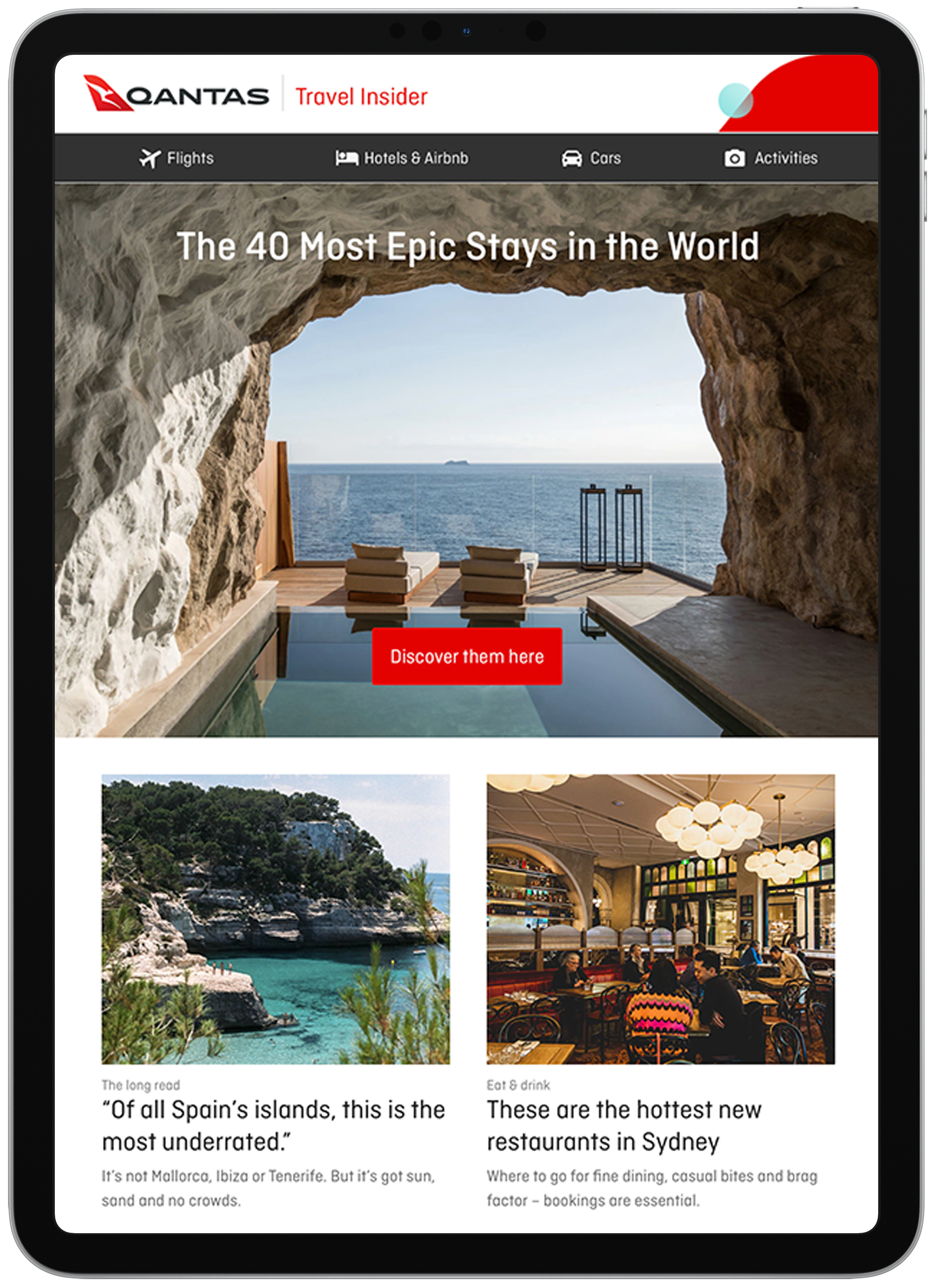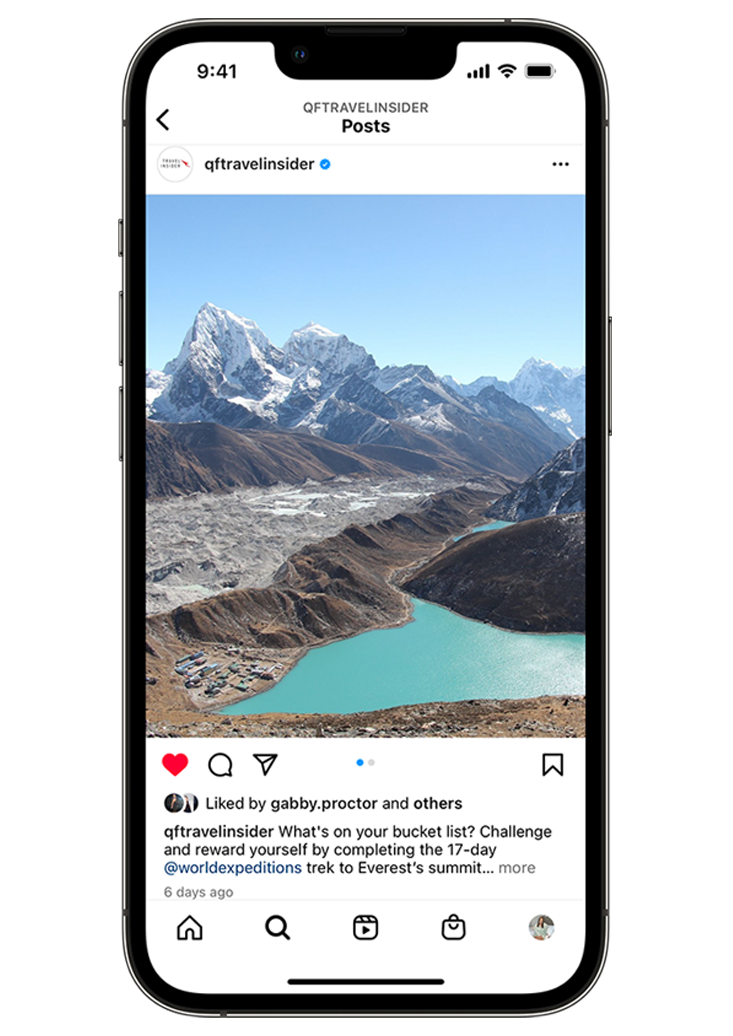The Biggest Benefits of Completing an MBA, According to Executives

To help leaders navigate evolving technologies, trends and expectations, business schools are continually refining their MBAs. Here, four alumni share the benefits of their degree and how it gave them the skills they need.
Gaining specialist knowledge
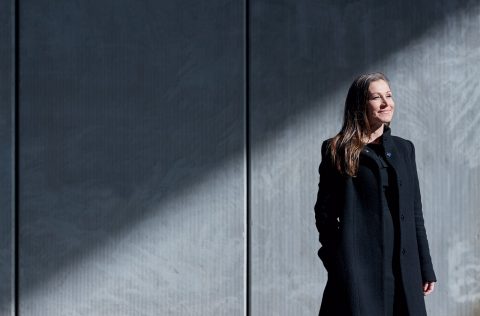
Insider: Jacqueline d’Alpuget, executive manager risk – environmental & social, Commonwealth Bank
Studied: MBAX in Sustainable and Inclusive Business, Australian Graduate School of Management (AGSM) at UNSW Sydney; completing in September 2025
As Jacqueline d’Alpuget moved up the ranks at CommBank to executive manager in the risk team, with two maternity leave breaks along the way, she had a specific goal. “I wanted to move into sustainability because I have a deep interest in that area, going back to when I was co-president of my primary school environment club. I want to direct the dedication I put into work towards making a difference.”
A mentor at the bank told her that in order to transfer into a sustainability team she needed further qualifications. “I had a good CV but no experience specifically related to sustainability,” says d’Alpuget. The mentor told her that gap amounted to a “lack of credibility”. Challenge accepted: AGSM alumnus d’Alpuget knew that the school was adding Sustainable and Inclusive Business specialisation to its MBA suite and that she could get credits from her 2013 Master of Business and Technology. She enrolled at the beginning of last year.
“It’s challenging to understand the complex interconnectedness of the environmental system on your own – you need to learn from experts,” she says. “Learning about your passion area makes you want to read more and more. I really enjoyed an assignment where we got deep into the decarbonisation of the shipping sector – it sounds dry but it’s fascinating.”
A highlight of her course was joining the school’s sustainability study tour to Copenhagen. “Europe is far and away the global leader in the energy transition so it was interesting to understand what they’re doing,” says d’Alpuget. “We visited Danish businesses and learnt about ESRS – European Sustainability Reporting Standards – and double materiality. Some of this is coming into Australian sustainability reporting. I brought the knowledge back into my personal and professional life and now I continue to dip into it.”
Just over six months after starting her MBA, d’Alpuget was promoted into the bank’s environmental and social team, earlier than she’d hoped. “The knowledge I’d already gained in the MBA was a key factor.”
While juggling work and a young family, d’Alpuget was all-in with her studies. “An MBA is a large investment in time and money – I wasn’t there to pass through, I wanted to learn deeply and excel,” she says. “You need to be super-organised, with a weekly study schedule and a plan to get all your assignments done. As a sustainability nut, I commute on public transport so that was where I did all my readings. Our course was online and I made sure I turned up every single week because I learnt so much from my peers about the different industry applications of the content. You don’t get those insights otherwise.”
The study will roll on even after her MBA. “Sustainability is evolving at a fast pace – you can’t just shut the books. I’ve loved the specialisation so much that I might even ask if I can do another subject.”
Sharpening soft skills
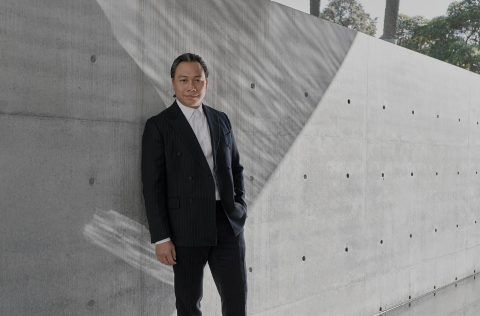
Insider: Phon Hansana, head of technology – growth & alliances, Asia-Pacific & Japan, Amazon Web Services (AWS)
Studied: MBA, The University of Sydney Business School; graduated in 2016
At a key life junction, Phon Hansana changed course. He’d studied economics and maths at the highest level at high school and had a scholarship to do a Bachelor of Business with plans to become a management consultant. “But my cousin said, ‘You’ve got to get into tech.’ I’m still grateful for the tip,” says Hansana. Despite not doing computer studies at school, in 1998 Hansana enrolled in The University of Sydney’s Bachelor of Computer Science, which led straight into jobs in IT companies. Soon he was managing people. “I was a self-taught manager with no formal training – learning from others.”
He decided to do an MBA while he was at a small IT services firm when the owner specifically charged him with growing the business. “I needed to get skills around business strategies and leadership – there’s only so much you can do learning from the street!”
In 2014, Hansana returned to his alma mater. “I was in the second intake of USyd’s part-time MBA and we were able to help shape it. It was very distilled from the ground up around leadership, entrepreneurship, innovation and disruption. The learning was very hands-on – we were not PowerPointed to death.”
Even though it was a part-time degree, Hansana chose to take on a full-time load. “I did it in just over two years when it should have taken me four to six – no weekends, no weeknights,” he says. “I was working for that smaller business and when we were adding new product offerings I applied elements from the MBA as I was going through it.”
Hansana joined AWS in 2016, right after completing his MBA, and “100 per cent” credits the qualification to landing the job. “There’s a big difference between being a manager and a leader of people. Yes, I was probably a good manager and was able to build a team but as I grew at AWS it was more about developing and coaching people and performance management – all those things that you don’t really do naturally.” The MBA’s first mandatory course still resonates with him. “It was on leadership and people development, taught by external consultancy experts, including a leadership coach who worked with big companies. That was super-powerful.”
He also revelled in the breadth of the cohort. “We had engineers, oil and gas people, tunnel diggers, sports coaches and even young people without degrees running fashion startups.” Getting to know how other sectors operate was invaluable. “The customers that AWS serves are from a wide range of industries and it’s helped me understand their pain points and where tech can help. I’m not an expert in those disciplines but we all learnt from each other.”
Those classmates also became his network for life. “Some alumni have started businesses together and others are now academics in the USyd program,” he says. “I moved to Melbourne two years ago and there’s a bunch of alumni here and we have a little community.” Almost a decade after his MBA, Hansana was a consultant on the design phase of USyd’s new MBA in Technology and Digital Strategy, which commences in 2026. “The program gave so much to me and I want to give back – and I keep learning by being involved.”
Refining communication
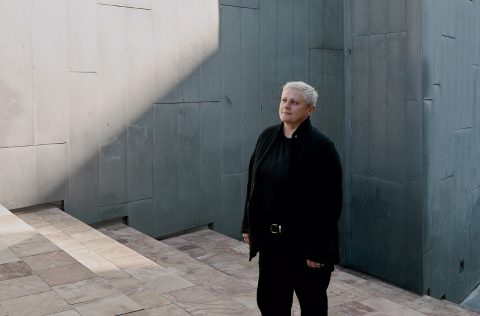
Insider: Vera Ignjatović, adjunct professor, Department of Pediatrics, Johns Hopkins University and founder of Ignis Innovations
Studied: Global Executive MBA, Monash Business School; graduated in 2020
Vera Ignjatović’s colleagues couldn’t see why she needed to add EMBA to her post-nominals, which already included AM, PhD and OLY – the last earned as goalkeeper on the Australian handball team at the Sydney 2000 Olympics. But even as a revered medical researcher, she faced the insecurity of regularly having to apply for funding from a shrinking pool and wanted to be able to communicate her complex science clearly to a broader range of potential funders. “Traditional academia doesn’t really interact with industry,” she says. “I didn’t want to come to a table as a scientist saying, ‘Okay, I’m here because of my brains’ – I wanted to know the language industry speaks.”
Ignjatović had just completed a Women in Leadership short course at Monash University, alma mater for her undergraduate and postgrad degrees in biochemistry and molecular biology. “I found myself with the brochure for the Executive MBA, even though I’d never thought about doing an MBA.”
It was 2019 and she was a senior research fellow at the Murdoch Children’s Research Institute, where she’d been studying blood clots in babies and children since 2001. Neither her line manager or her mentor saw the value of her doing an MBA but gave her the go-ahead. “I got a partial scholarship from Monash so I wasn’t one of the cohort who had their MBA paid for by their organisation – I had skin in the game. It was a life-changing experience. The knowledge I obtained was amazing.”
Ignjatović’s studies shifted her approach immediately. “When I made an institute-wide presentation at Murdoch one colleague asked another, ‘Hang on, what’s Vera doing? She’s presenting so differently compared to everyone else.’” After learning about the MBA, the colleague contacted Ignjatović. “She ended up joining the cohort after mine – she’s a clinician and it was also life-changing for her. It’s given her a different perspective on how she treats and diagnoses patients.”
As she’d hoped, the MBA gave Ignjatović the skills to bring potential funders and investors into her tent. “The Business Model Canvas [BMC] is a framework to identify the value proposition,” she says. “I placed that point of view on our funding applications and started seeing our projects as creating a product rather than diving deep into the technicalities of the science. Scientists tend to write and speak in jargon and that’s been a huge disconnect. Now I focus on very clearly presenting the problem and how we are going to solve it with our research.”
She believes it also extended her ability to see different perspectives. “I think about the KPIs these people who are funding us are being judged on, which I’d never thought about previously.” Since becoming fluent in the language of business, she’s eager to engage beyond funding requests and will soon complete a Company Directors Course with the Australian Institute of Company Directors. “The MBA empowered me to value my skills outside my environment as a medical researcher. I now feel I can transfer my skills across multiple sectors.”
Understanding innovation
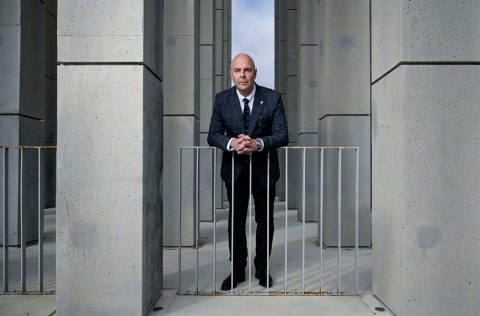
Insider: Martin Ollman, director doctrine, training and exercises, Defence Space Command
Studied: Global Executive MBA in Defence and Space, University of South Australia; graduated in 2025
Since joining the Royal Australian Air Force at 18, Group Captain Steven Henry has spent much of his 30-year military career focused on space. “I’ve been at it for 20 years but I’ve had to make my own way,” he says. “My plan is to build the systems and frameworks to train and develop our space professionals with a clearly defined career path.” He was the exemplary candidate for the University of South Australia’s inaugural MBA in Defence and Space, developed and delivered in partnership with the University of Exeter in the United Kingdom and Carnegie Mellon University in the United States.
“First and foremost it’s an executive MBA, rather than a course in defence or space,” says Henry. “There’s a subject on space and a subject on geopolitics but they’re in the context of making you a Masters-level business leader.” Across 18 months, the hybrid course – virtual classes and three intensive two-week residentials in Adelaide, the UK and the US – aims to give students the skills needed to lead amid fast-evolving geopolitical landscapes and emerging technologies.
Henry relished mixing with other top minds in the space community here and abroad. “The residentials gave us time to be with our diverse cohort – we had primes [multinationals that have government defence contracts], construction, defence, even someone from a small technical firm.
“Learning to work with the whole space enterprise was a big takeaway for me, along with different perspectives on leadership. Innovation as a process doesn’t magically happen – it takes thought, creativity and dedication, and it’s a genuine process that you need to invest in and put time into.”
The MBA enhanced the skill set Henry needed to lead the teams building Australia’s space forces. “I focus predominantly on military personnel but we make our training available to the public service as much as we can. It’s not all technical – space power has policy, law, strategy and business aspects so we need our public servants to come along on that ride as well.”
While still working on his MBA, Henry commenced another Masters-level course in Toronto, Canada. He says he has enormous gratitude for the support of his wife and daughter. “You’re doing the course not just on top of your work but also your life. When our cohort graduated in April in Adelaide, I flew in from Canada. Another woman in our group, who’s contracted to the European Space Agency, came from Italy. No-one was going to miss it!”


